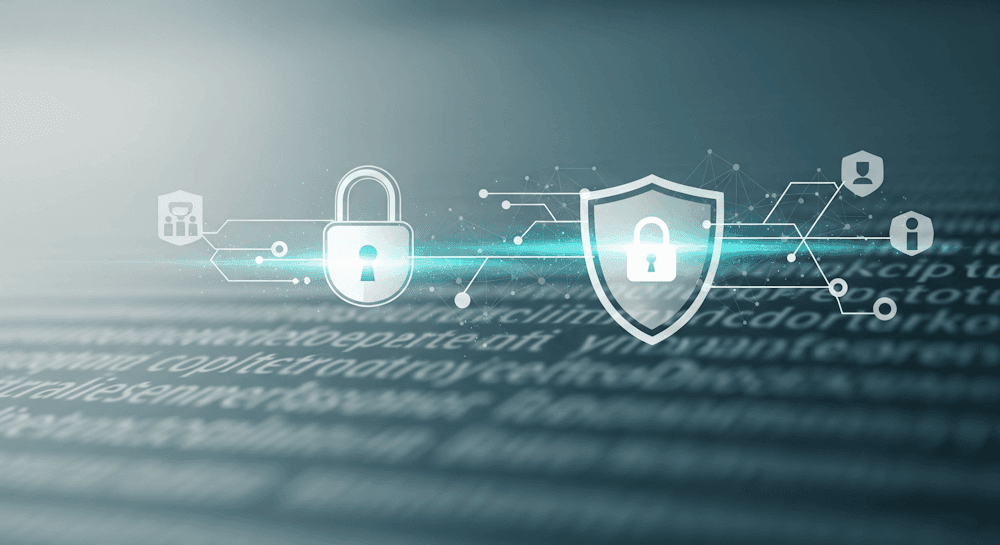Ever heard someone say, “That stays between us”? Well, in the workplace, that kind of thing isn’t just polite—it’s serious. Like, legal-serious.
Confidentiality at work is all about keeping sensitive stuff... well, sensitive. It’s not just passwords and client files. It’s also employee info, personal data, trade secrets, project plans, internal chaos—whatever the company doesn’t want out there.
Let’s talk about what workplace confidentiality really means, how it works, and yeah, how people screw it up (sometimes without even realizing it).
So... What Exactly Is Confidentiality at Work?
In plain words? It’s the responsibility to keep private info private.
When you’re working somewhere, you’re gonna see things—employee files, customer data, maybe even stuff about the company’s finances or future plans. That doesn’t mean you can blab about it in a café or text it to your friend who works at a rival company.
Confidentiality means:
- You don’t talk about company info to outsiders
- You only share stuff with people who are supposed to know it
- You protect data from being exposed accidentally (or intentionally)
It’s part of trust. And honestly? If employees don’t trust their workplace to keep their info safe—or if companies can’t trust employees to stay tight-lipped—things fall apart fast.
What Kinds of Stuff Are Considered Confidential?
Not everything at work is a state secret. But certain things definitely count as confidential, like:
- Employee records (salary, health info, performance reports)
- Client or customer data
- Business strategies or product launch details
- Internal investigation findings
- Financial reports not meant for public viewing
- Login credentials, proprietary documents, research, and vendor info
Also... little stuff can count. Like even casually mentioning a co-worker’s leave due to illness when it wasn’t shared officially. Sounds innocent, but yeah—it’s a breach.
Why Does Confidentiality Even Matter?
Because trust is currency in a workplace. Once it’s gone, good luck getting it back.
Here's why it’s such a big deal:
- Legal risks: Companies are liable for data leaks, especially with laws like GDPR or data privacy acts.
- Reputation: Leaks make headlines. Not the good kind.
- Loss of clients: If you can’t protect their data, they’ll walk.
- Employee morale: Nobody wants to work where their private info can become public gossip.
Also, the competition is always watching. A single leak about a product, a pitch, or a business deal? That could mean months of lost effort and money.
Okay, But What If the Breach Was Accidental?
Oof. This one happens a lot more than people realize.
You don’t have to be some evil whistleblower to mess things up. Most breaches are unintentional. Like:
- Leaving files open on a shared computer
- Talking about a project in a public place
- Forwarding an email with sensitive attachments
- Sharing reports with identifiers (names, contact info) still in them
- Misplacing your work laptop or phone
- Not logging out of shared systems
Or the classic: Someone asks you for “a quick peek” at a client file, and you don’t think twice. Boom—confidentiality breach.
Want more real examples? See: Unintentional Breaches of Confidentiality at Work
The Principles Behind Keeping Info Safe
Most companies (or at least the smart ones) have a few rules they follow when it comes to confidentiality:
- Only share info when there’s a real purpose.
- Don’t share more than needed. Give people only what they have to know.
- Minimum exposure. Don’t just CC the whole team on sensitive updates.
- Need-to-know basis. If someone doesn’t need access, they shouldn’t have it.
- Remind people regularly. Because folks forget, and casual slips are real.
If you’re managing a team? You’ve got an extra responsibility here—to educate people, not just trust them blindly.
What Happens If You Breach Confidentiality?
Yeah... it’s not just a slap on the wrist. There are real consequences, depending on the damage and intent:
1. You Could Get Fired
If your company thinks you leaked data—on purpose or through carelessness—don’t be shocked if you’re let go. Fast.
2. You Might Have to Pay Up
In serious cases, especially if the company loses money, they can sue. Civil lawsuits aren’t just for big execs—regular employees can face them too.
3. Criminal Charges (If It’s Bad Enough)
If you’re caught stealing data or leaking trade secrets, especially to competitors, you could face criminal charges. Not just civil. Real law-breaking.
4. Your Reputation Might Not Recover
Word spreads in tight industries. If people know you can’t be trusted with sensitive info? That next job might be way harder to land.
How to NOT Screw This Up
Some basic (but golden) rules to keep yourself safe:
- Lock your screen when away from your desk
- Avoid workplace gossip, especially if it involves private info
- Double-check email attachments before sending
- Use strong passwords, don’t share them
- Keep work devices secure—especially laptops, USB drives, phones
- Don’t copy data to personal drives or emails
And most importantly, if you’re not sure whether something is confidential? Just treat it like it is. Better safe than explaining yourself in HR’s office.
Final Thoughts
Confidentiality isn’t just a “policy.” It’s part of the culture. And if you’re in a position of trust—whether you’re a junior employee or a manager—it’s your job to take it seriously.
People are trusting you with their info. Clients are trusting your company to not mess up. And businesses are trusting their teams not to leak plans, damage deals, or put them at risk.
So yeah, a little caution goes a long way. And honestly? It’s just the respectful, professional thing to do.
- Up next: Unintentional Breaches of Confidentiality – Real Cases & Fixes
- Read: Copyrights Explained Without Legal Jargon
- New here? Start with: What Is Intellectual Property?





